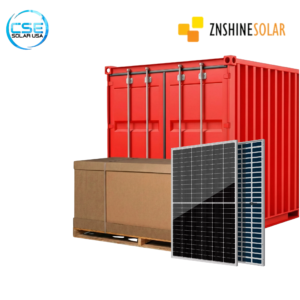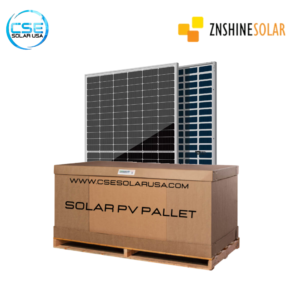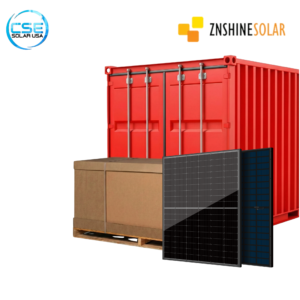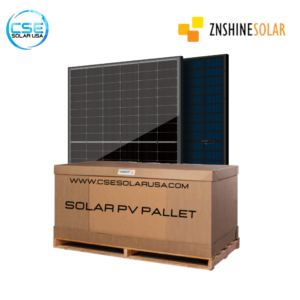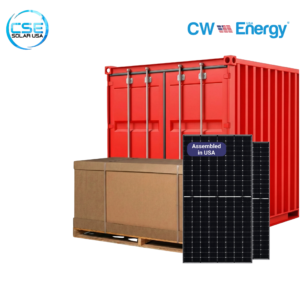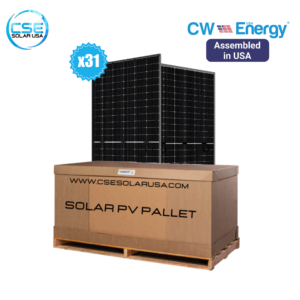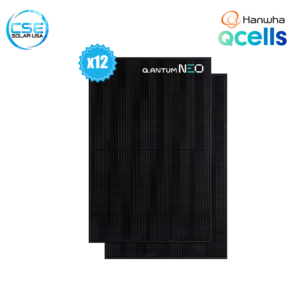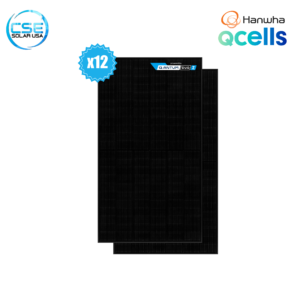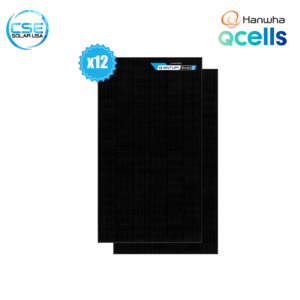How to Choose the Right Solar Panel Kit for Your Home
Switching to solar energy is one of the smartest decisions a homeowner can make today. Whether you’re motivated by cutting electricity costs, reducing your carbon footprint, or gaining energy independence, installing a solar panel kit for your home is a step in the right direction. But with so many options available, how do you know which system is right for your needs? In this beginner’s guide, we’ll walk you through the essential factors to consider before investing in solar energy. By the end, you’ll have a clear understanding of how to choose the perfect solar solution that fits your home, budget, and energy goals.
What Is a Solar Panel Kit?

A solar panel kit for your home typically includes solar panels, an inverter (such as an SMA solar inverter), mounting hardware, and sometimes batteries. These kits are designed to make it easier for homeowners to set up their own solar systems, whether you’re going the DIY route or working with a contractor.
1. Assess Energy Needs
Before you start shopping, take a look at your monthly electricity bill to understand your average power consumption in kilowatt-hours (kWh). Most households in the U.S. use around 900–1,200 kWh per month, but this can vary significantly depending on your appliances, climate, and lifestyle.
Use this information to determine how much solar power you’ll need to offset your electricity usage. Many solar calculators online can help you translate your monthly kWh usage into the size of the system you’ll need.
2. Understand the Types of Solar Panel Kits
There are different types of solar kits available, each suited for different needs:
- Grid-tied systems: These are connected to the public utility grid. They’re the most cost-effective and common option for residential use. Excess power can be sent back to the grid, sometimes earning you credits through net metering.
- Off-grid systems: Ideal for remote locations, these kits are not connected to the grid and rely entirely on battery storage. They’re typically more expensive and complex.
- Hybrid systems: These combine grid-tied and off-grid features. They’re grid-connected but also include battery storage, providing backup during outages.
3. Evaluate Solar Panel Efficiency and Warranty
When shopping for solar panels for homes, two important factors to consider are efficiency and warranty:
- Efficiency measures how much sunlight the panel converts into usable electricity. Higher efficiency panels are usually more expensive but require less space.
- Warranties typically range from 20 to 25 years. A good warranty indicates that the manufacturer is confident in their product’s longevity and performance.
Brands like SMA Solar are known for high-quality inverters that are reliable and efficient, an essential component of any solar system.
4. Consider Roof’s Suitability
Not all roofs are equally suitable for solar panel installation. Here’s what you should consider:
- Sunlight exposure: South-facing roofs with minimal shading offer the best conditions.
- Roof material: Solar panels are easier to install on certain materials like asphalt shingles than on others like slate.
- Structural integrity: Ensure your roof is in good condition and can support the weight of the panels.
5. Installation: DIY vs. Professional
Some solar panel kits for your home are designed for DIY installation, which can save money. However, it’s essential to have electrical knowledge and comply with local building codes and utility requirements.
Hiring a professional installer can ensure a safe, code-compliant installation and often comes with labor warranties and support. For most beginners, this is the recommended route.
6. Costs and Incentives
While the upfront cost of solar panel kits can seem high, several financial incentives make them more affordable:
- Federal tax credit: Homeowners can claim a percentage of the system cost as a tax credit.
- State and local incentives: Some states offer rebates, tax breaks, or performance-based incentives.
- Net metering: If available in your area, you can receive credits for excess electricity your system sends back to the grid.
Shop around and buy solar panels that balance cost and performance. Cheap doesn’t always mean better, it’s crucial to look at quality, warranty, and brand reputation.
7. Brands and Read Reviews
Not all solar panel kits are created equal. Compare different brands, check product reviews, and seek out testimonials. Look for systems that include reputable components like SMA Solar inverters, which are known for durability and efficiency.
Pay attention to customer service ratings and after-sales support, as these can make a big difference if issues arise later.
8. Work With a Trusted Supplier
Whether you plan to install it yourself or hire a professional, it’s essential to work with a reputable supplier. A trusted supplier can help you select the right components, ensure compatibility, and guide you through the permitting process if needed.
CSE Solar USA offers a wide range of solar solutions tailored for homeowners looking to transition to clean energy. With reliable products and expert support, they make going solar simple and efficient.
Conclusion
Choosing the right solar panel kit for your home involves more than just picking the cheapest option. By understanding your energy needs, evaluating your roof, comparing products, and leveraging available incentives, you can make a smart investment that pays off for decades.
Whether you’re looking to buy solar panels for energy independence, environmental reasons, or long-term savings, taking the time to research your options ensures a successful solar journey. Ready to harness the power of the sun? Start exploring the best solar panels for homes today and take control of your energy future.
FAQs About Choosing the Right Solar Panel Kit for Your Home
What should I consider before buying a solar panel kit for my home?
Before purchasing a solar panel kit, evaluate your household’s average monthly energy usage, roof size, sunlight exposure, and budget. Also, decide whether you want a grid-tied, off-grid, or hybrid system based on your location and energy goals.
Are DIY solar panel kits a good idea for homeowners?
DIY solar kits can save money if you have the technical skills and understand local codes. However, professional installation is usually safer and ensures compliance with electrical and permitting requirements, often including labor warranties and post-installation support.
How do I know what size solar panel kit I need?
You can determine the right size by checking your monthly electricity bill for your average kilowatt-hour (kWh) usage. Use an online solar calculator to estimate how much solar power is required to meet your energy needs and offset utility costs effectively.
How much do solar panel kits cost, and are there any incentives available?
The cost of solar panel kits varies depending on size, brand, and efficiency. Federal tax credits, state rebates, and net metering programs can significantly reduce your overall cost. Always check available local incentives before purchasing.
What brands are known for reliable solar components?
Reputable brands like SMA Solar are known for their durable and efficient inverters. When shopping, look for kits from trusted manufacturers that offer strong warranties (20–25 years) and positive customer reviews to ensure long-term performance.



